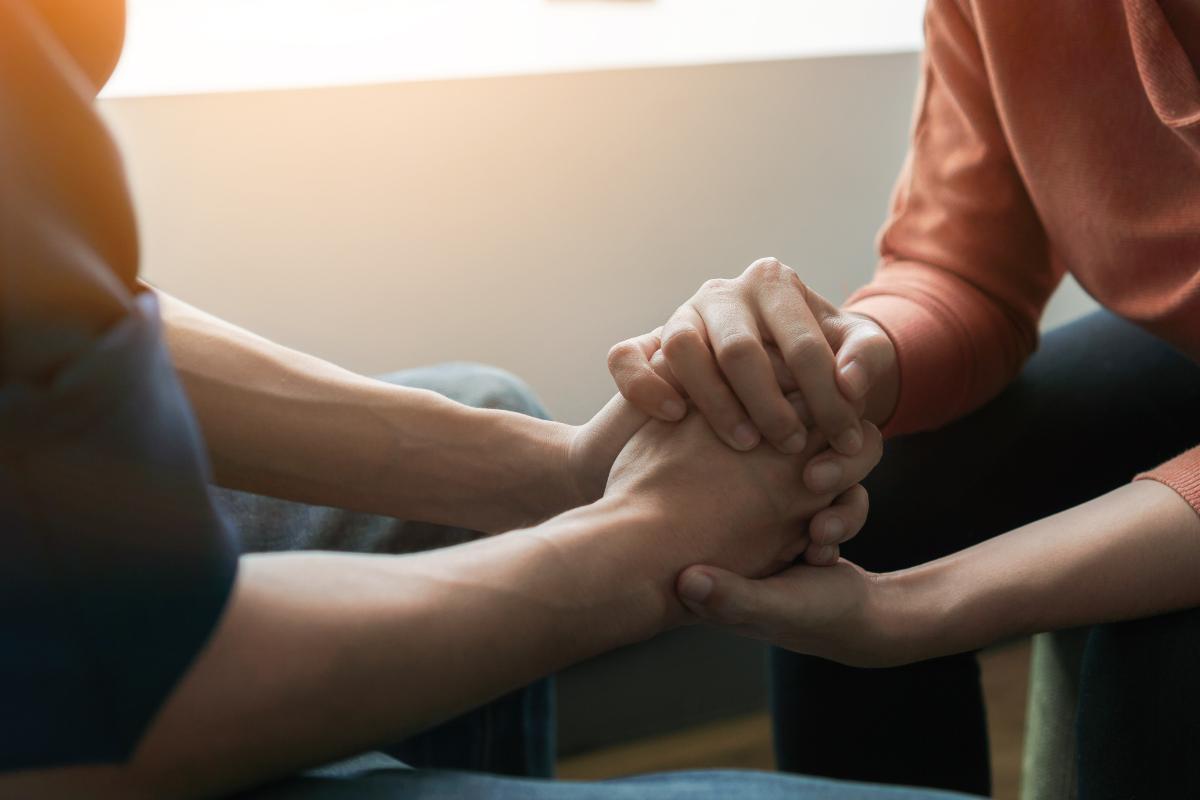Opioid addiction is a severe problem in the United States, and it’s crucial for those who care about someone struggling with opioid addiction to understand how to help them. If you’re in Florida, you shouldn’t rely only on searching “opioid addiction treatment near me” online to find out how to help someone struggling with opioid addiction. Instead, call 833.551.2304 to speak with someone from Gulf Breeze Recovery’s caring and compassionate team about our opioid addiction treatment program and how it can help you or your loved one find recovery and build a healthier life.
What Are Opioids?
Opioids have been used for centuries, dating back to ancient civilizations. They were originally derived from the opium poppy plant and used as a form of pain relief and sedation. In modern times, opioids are still widely prescribed by doctors to treat chronic or severe pain. Still, they can also be obtained illegally in various forms. Unfortunately, their misuse has led to an opioid epidemic in America that is claiming thousands of lives each year due to overdose deaths.
Opioids are a class of drugs that interact with receptors in the brain to reduce pain signals. They include prescription medications and illicit drugs, such as:
- Oxycodone
- Hydrocodone
- Codeine
- Morphine
- Fentanyl
- Heroin
These substances can be highly addictive due to their euphoric effects on the body. Opioid addiction typically begins when people take these drugs for recreational purposes or to self-medicate an underlying mental health issue. Over time, they use more of the drug than necessary to achieve the same effect. This increases tolerance levels and leads to physical dependence on opioids. It often takes a person’s loved ones or medical professionals noticing the signs of abuse before they get help for their dependency.
What Are the Signs of Opioid Addiction?
The signs of opioid addiction vary depending on how long an individual has been using opioids and how much they use at any given time. Some common symptoms include:
- Drowsiness
- Confusion
- Difficulty concentrating
- Changes in sleeping patterns
- Mood swings
- Depression
- Anxiety
- Irritability
- Opioid cravings
- Weight loss or gain
- Financial problems due to buying or stealing opioids
If you notice these signs in yourself or someone close to you, it may be time to seek professional help to overcome opioid dependency.
How Can You Help Someone Struggling with Opioid Addiction?
When helping someone struggling with opioid addiction, there are several things you can do:
- Listen without judgment
- Provide emotional support and understanding
- Create a safe environment free from distractions or triggers
- Research information about opioids and resources available in your area
- Encourage them to enter treatment if needed
You can also talk openly about your experiences with substance abuse, if applicable. Doing so helps create a nonjudgmental atmosphere where it’s okay for them to open up without fear of being judged by others. However, the best thing you can do is to provide unconditional love throughout their journey toward sobriety.
What to Expect from Opioid Addiction Treatment
Opioid addiction treatment usually involves both medical intervention and psychological counseling. These treatments work together to address both physical dependence on opioids and underlying issues that may have contributed to substance abuse in the first place. The goal is abstinence and improved quality of life through lasting recovery from opioid addiction.
In most cases, family support services—typically in the form of family counseling, support groups, and addiction-related classes—are also available for the loved ones of those struggling with addiction. These services help them support their loved one in recovery better.
Find Opioid Addiction Treatment in Florida at Gulf Breeze Recovery
Opioid addiction is a ssevereproblem that requires professional medical attention. But what if those affected don’t seek help to overcome this problem? They may be exposing themselves to grave harm if they leave their addiction untreated for a long time. Fortunately, there are steps close friends or family members can take to help those struggling with dependency issues find lasting sobriety. Contact Gulf Breeze Recovery today at 833.551.2304 to learn more about how you can help someone struggling with opioid addiction through our help.







